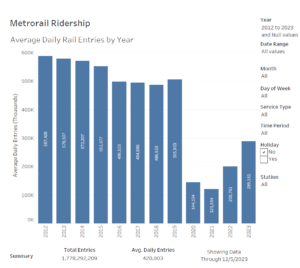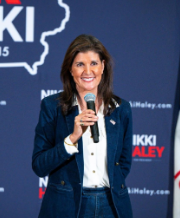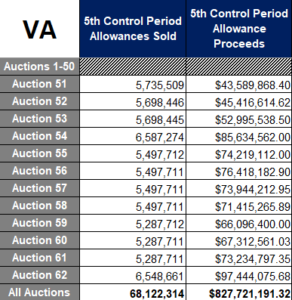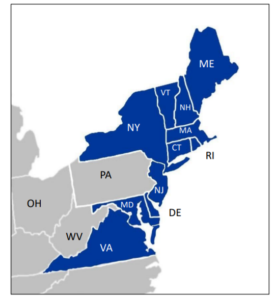
Recent ridership figures for Metro. Source: WMATA Click for larger view.
By Derrick Max
Tuesday, the Washington Metropolitan Area Transit Authority (WMATA) warned that without substantially greater subsidies from DC, Maryland, and Virginia, they would be facing a $750 million annual shortfall that would require draconian cuts in services, including closing 10 stations, cutting 67 bus lines, and laying off 2,000 employees. They would also freeze salaries, raise fares and parking fees, reduce bus and train frequency, and close all stations at 10 p.m.
The threat of such cuts was meant to be a bargaining chip for more funding rather than a true plan to save WMATA, as any such cuts would just accelerate, not slow, the demise of WMATA. It is time for Governor Youngkin and the two other regional funders, all of whom are facing reduced federal aid in their own budgets, to seriously consider forcing WMATA into bankruptcy. And if WMATA’s unique structure as a bi-state compact agency makes it ineligible for Chapter 9 bankruptcy — a complete restructuring and rethinking of WMATA along a similar line as Chapter 9 bankruptcy are in order.
The truth is that bankruptcy is not a new idea. In 2016, WMATA hired one of the nation’s top bankruptcy lawyers, Kevyn D. Orr, to advise the agency on fixing its troubled finances. At the time, WMATA had a $1.8 billion operating deficit (a loss of over 200 percent of operating revenue) with $917 million in long-term debt (not counting pension and other benefit liabilities). The hope was that Mr. Orr’s expertise would help WMATA restructure its debt without resorting to bankruptcy, take a tougher line on labor negotiations, and wrest more money from the three Washington-area funding jurisdictions. Sadly, whatever reforms were implemented have had little, if any, impact on WMATA’s financial situation today. Continue reading →

















